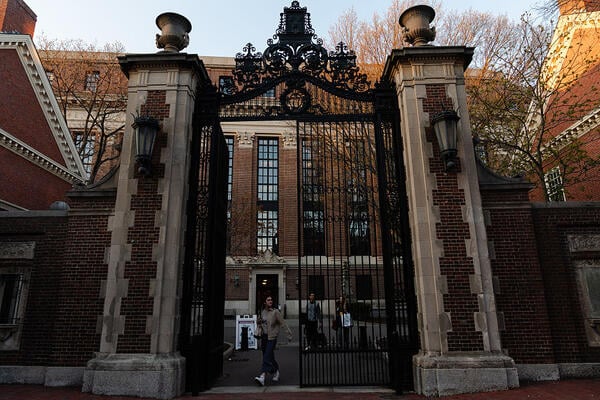UK Moves Closer to Youth Visa Agreement with the EU

The UK government appears to be softening its stance on the possibility of a youth visa deal with the European Union (EU), as discussions intensify in the lead-up to a significant summit scheduled for next month. This potential agreement comes as a means to 'reset' UK-EU relations following the complexities introduced by Brexit. While Labour previously stated that it had 'no plans' for such a scheme, recent developments indicate that there is substantial interest in creating an easier pathway for young people to study and work abroad.
During ongoing negotiations, a youth visa arrangement has surfaced as a crucial demand from European leaders, aiming to enhance cooperation post-Brexit. On Thursday, when asked about the possibility of a youth visa deal, a spokesperson for Downing Street refrained from reaffirming previous opposition, instead opting not to provide a 'running commentary' on the ongoing talks. This shift in tone suggests that the government may be more open to the concept than it has been in the past.
A letter signed by over 60 Labour Members of Parliament (MPs) was sent to Nick Thomas-Symonds, the minister for EU relations, advocating for a reciprocal youth visa scheme that would cater to UK and EU citizens under the age of 30. The MPs argued that such a deal would open new avenues for cultural, educational, and economic opportunities for young people in the UK, thereby fostering stronger ties between the nations.
In a related development, Sir Keir Starmer, the leader of the Labour Party, held a meeting with Ursula von der Leyen, the President of the European Commission, as preparations ramp up for the London summit set for May 19. Following their discussion, a spokesperson from Downing Street remarked, 'During discussions regarding the ongoing negotiations to enhance the UK-EU partnership, both leaders acknowledged that significant progress has been made.' They directed their teams to continue working diligently over the coming weeks, with a focus on delivering the most ambitious agreement possible at next months summit.
The Labour government is keen to rebuild and strengthen economic relations with the EU in the aftermath of Brexit. Both parties have additionally expressed interest in establishing a defense and security pact in light of the ongoing conflict in Ukraine. Such an agreement could potentially provide the UK with access to a 150 billion (128 billion) EU-backed loan initiative, which currently limits British firms to contributing up to 35% of the value of projects funded under this program.
At a recent meeting of the UK Trade and Business Commission, Germany's ambassador to the UK, Miguel Berger, emphasized the importance of achieving progress on a youth visa arrangement. He indicated that viewing this issue as part of a broader 'package approach' to negotiations, where various topics are interlinked, could be beneficial. He also highlighted the challenges that EU citizens have faced in relocating to the UK since the Brexit transition, noting the 'very high thresholds' required for skilled work visas.
Presently, the UK has established visa schemes that enable young people from 12 non-EU countries, including Japan, South Korea, and Uruguay, to study or work in the UK for a maximum of two years. Those hailing from Australia, Canada, or New Zealand have the option to extend their stay for an additional year. However, these visas are subject to annual quotas which vary significantly: from just 100 visas for Andorra to 42,000 for Australia. In instances where demand exceeds supply, ballots are conducted to determine eligible applicants.
Applicants from these countries must demonstrate that they possess at least 2,530 in savings, are ineligible for most public benefits, and are required to pay an annual National Health Service (NHS) surcharge of 776 for students or 1,035 for workers. The European Commission proposed the idea of an EU-wide youth visa deal in April of last year, asserting that Rishi Sunak's government had been in talks with various European capitals regarding individual visa agreements, a move that could result in 'differential treatment' of EU citizens.
The original proposal suggested by the European Commission would allow individuals aged between 18 and 30 to apply for visas lasting up to four years to work, study, train, or volunteer, with no overall limit on the number of visas issued. It also proposed that EU applicants be exempt from the NHS surcharge and that they should pay the same tuition fees as British students, rather than the elevated fees imposed after Brexit.



























